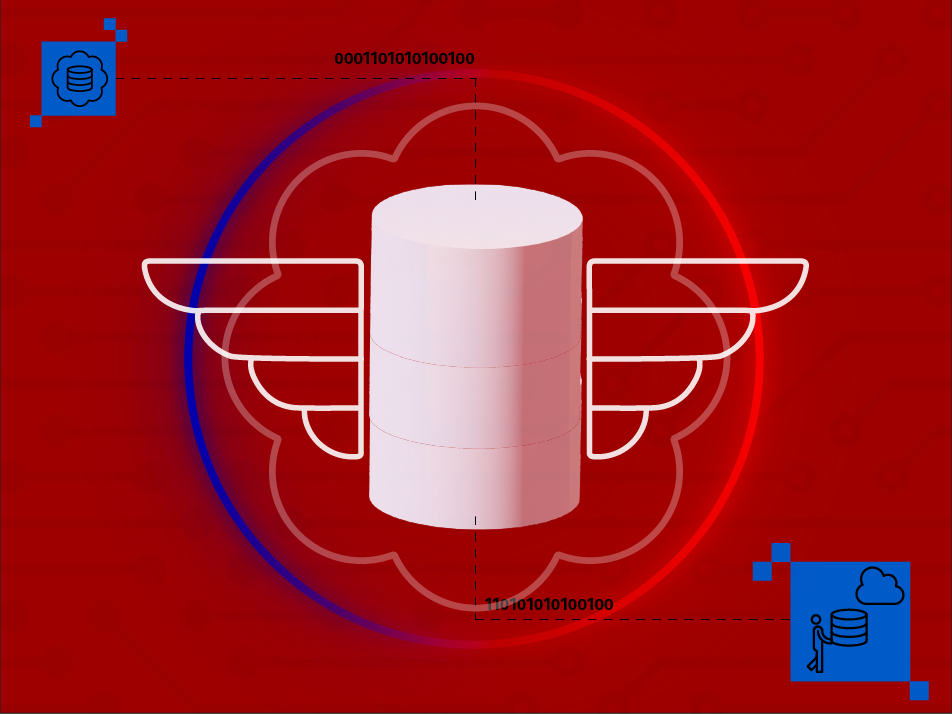
Data should be easy to move around. So why is doing so shockingly expensive? Some think that hyperscale providers are predatory for levying hefty transfer charges. Considering it takes an incomprehensible amount of bandwidth to transport information back and forth between platforms all across the world, it’s not that unreasonable – also, they do provide a way to lower these fees significantly..
Currently, customers choosing to store their data in a hyperscale cloud pay a fee per GB whenever it exits it in the form of egress fees, adding additional, unpredictable costs when another cloud service needs that data. These charges can be substantial for more than 90% of enterprises running a multicloud cloud environment.
In fact, in one of our recent live episodes, Michael Levy, Director of Product, Storage, and Collocation at Rackspace Technology, noted that “the proportion of data [moving around] could actually be multiple times the actual data retained.” Meaning that companies are moving more data than they’re storing, and the transit costs can outpace the cost for storage itself!
When adopting a hybrid-cloud strategy, businesses need to ensure their data is agile and not cost-prohibitive to move it around. Otherwise, they will be locked into one or two providers and consequently miss out on innovative technologies that other clouds release in the future.
Data Freedom
We understand that businesses need to minimize their cloud data transfer costs and make that data available to any public cloud service. Rackspace Technology® minimizes those costs with Rackspace Data Freedom which stores customer data in a cloud adjacent Rackspace data center and provides direct private, low latency network access to nearly all public clouds.
Data Freedom significantly reduces the per-unit cost of the data transfer charges by not charging egress for data leaving Rackspace and by unlocking discounted egress rates afforded by the hyperscalers when data exits over a private network, which in this case is Rackspace’s. Furthermore, it reduces the volume of data susceptible to those charges since only data that must go to public cloud applications and toolsets does so, which is often 5% or less.
For companies wanting to avoid cloud lock-in and are concerned about retaining control over their data, Data Freedom is a cost-justified solution to those challenges. Additionally, since customers’ data never touches the public internet because it laterally moves between clouds and the information is primarily stored in a known private environment, it’s much easier for customers to adhere to stringent compliance and data sovereignty requirements.
[“source=rackspace”]
